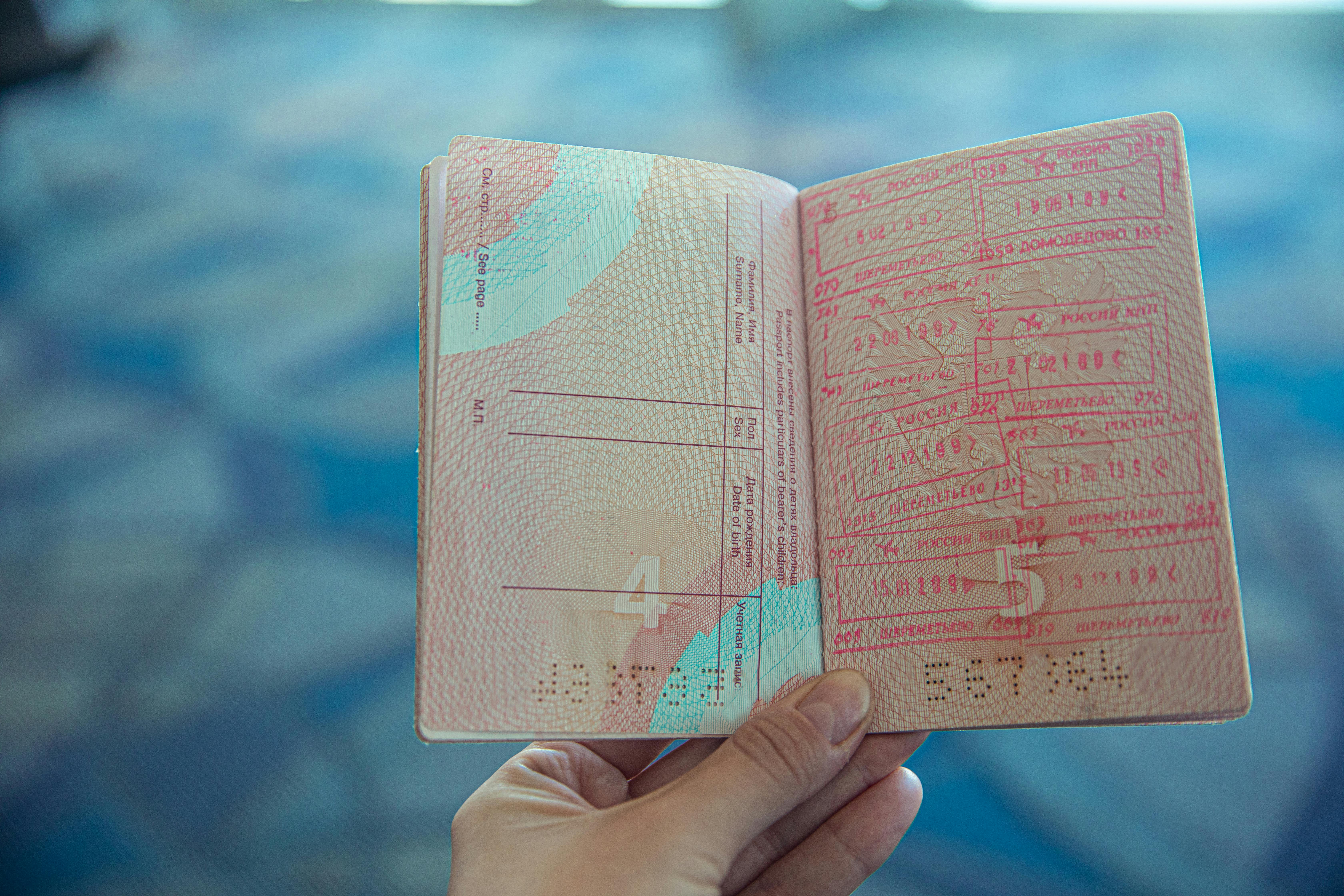
Introduction
The US Embassy in India has recently reinforced essential guidelines that impact all non-resident visa seekers. The introduction of a new requirement mandates that visa applicants provide their social media handles from the past five years on the DS-160 application form. This update is not merely procedural; it represents a significant policy shift aimed at enhancing transparency and security in the visa application process.
In an official communication, the embassy emphasized the importance of this requirement, stating, “Failure to reveal your identifiers on social media can result in a visa refusal.” This advice echoes an immigration policy first introduced in 2019 but is now being reasserted with increased vigor, particularly emphasizing its relevance to applicants in India.
What does the rule say?
As per the updated guidelines, applicants are required to disclose all usernames and handles associated with their social media accounts. These include:
- X (previously known as Twitter)
- TikTok
- YouTube
This requirement covers all types of accounts, whether they are currently active or not. If a social media account was utilized within the last five years, it must be reported in the application.
The collection of this information is part of the US government’s heightened security protocols aimed at ensuring transparency and assessing potential threats. By analyzing social media activity, officials can better understand applicants’ backgrounds and identify any risk factors.
What will happen if you don’t reveal?
Not disclosing social media accounts can lead to serious consequences. Here’s what might happen:
- Immediate visa denial for non-disclosure.
- Extended processing times due to additional scrutiny.
- Possible flags on future visa applications, making the process even more cumbersome.
Intentionally omitting social media identifiers can also be viewed as providing false information, which could jeopardize one’s eligibility for future American visits. Therefore, honesty is crucial in handling this requirement.
Why does America collect this information?
The decision to mandate social media disclosures stems from the US Foreign Ministry’s efforts to fortify national security. By monitoring online behavior, officials can verify applicants’ identities and detect any patterns that might present security threats.
This approach reflects a broader global trend where immigration and border officials utilize publicly available online data for vetting and background checks. As social media becomes an integral part of personal identity, its relevance in assessing applicants cannot be overlooked.
Now what should the applicant do?
To ensure compliance with this new regulation, applicants should follow these guidelines:
- Review all social media accounts from the previous five years thoroughly.
- Create a comprehensive list of usernames exactly as they appear on the respective platforms.
- Include any platforms, regardless of how inactive they may seem; even minor accounts can hold relevance.
- Maintain full transparency—it’s always better to disclose an account than to risk being accused of hiding information.
Final thoughts
This recent update serves as a critical reminder for Indian visa seekers and travelers from across the globe. In our increasingly digital world, one’s online presence is a key part of their identity. For a seamless visa experience, it is vital that applicants are honest and complete in their DS-160 form submissions.
Whether you are a student, a professional, a tourist, or a frequent traveler, adhering to this new rule is imperative for successful US visa approval. Staying informed and following updates from official embassy sources is necessary to ensure your application is accurate and complete.
Stay updated with the latest visa news and insights on technology policies to navigate this changing landscape effectively.
